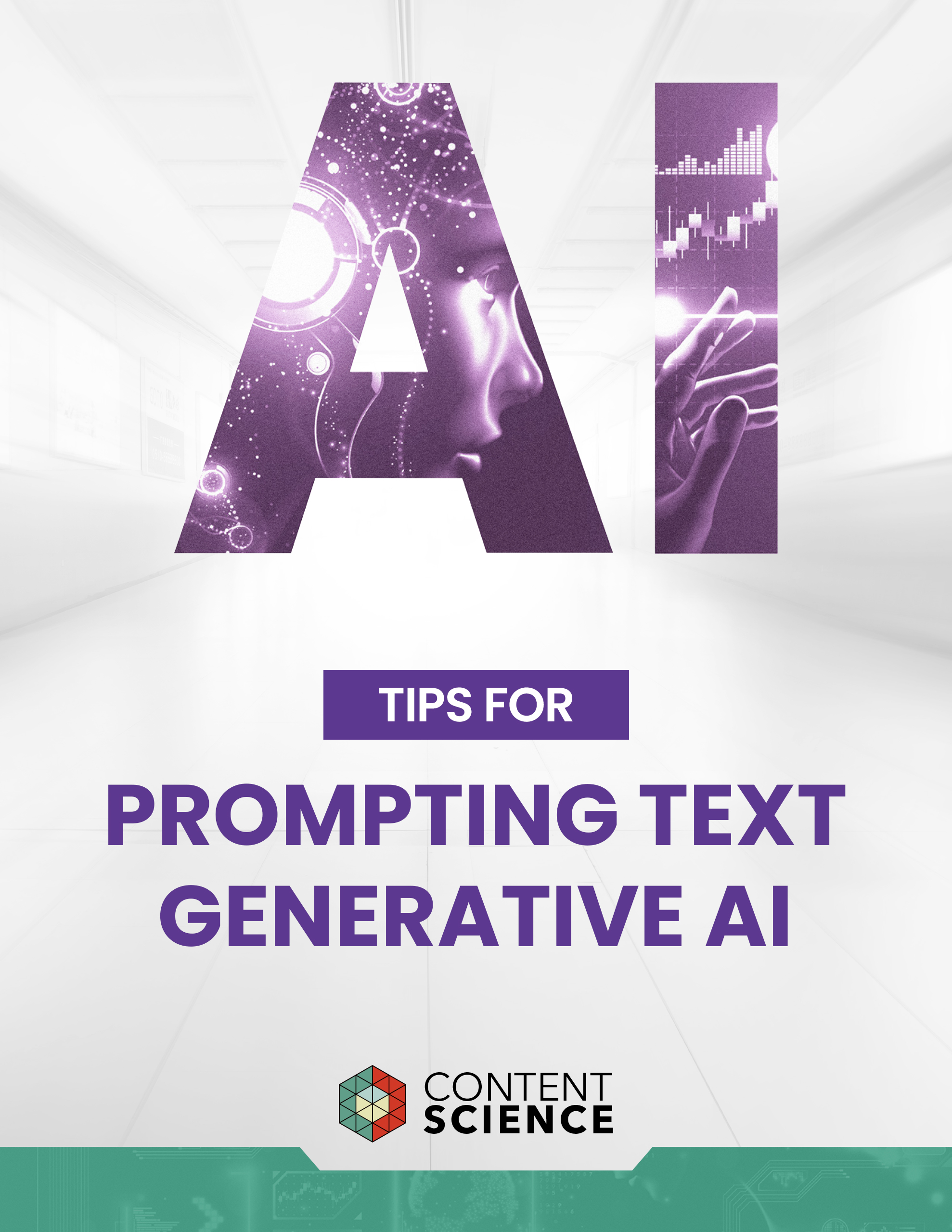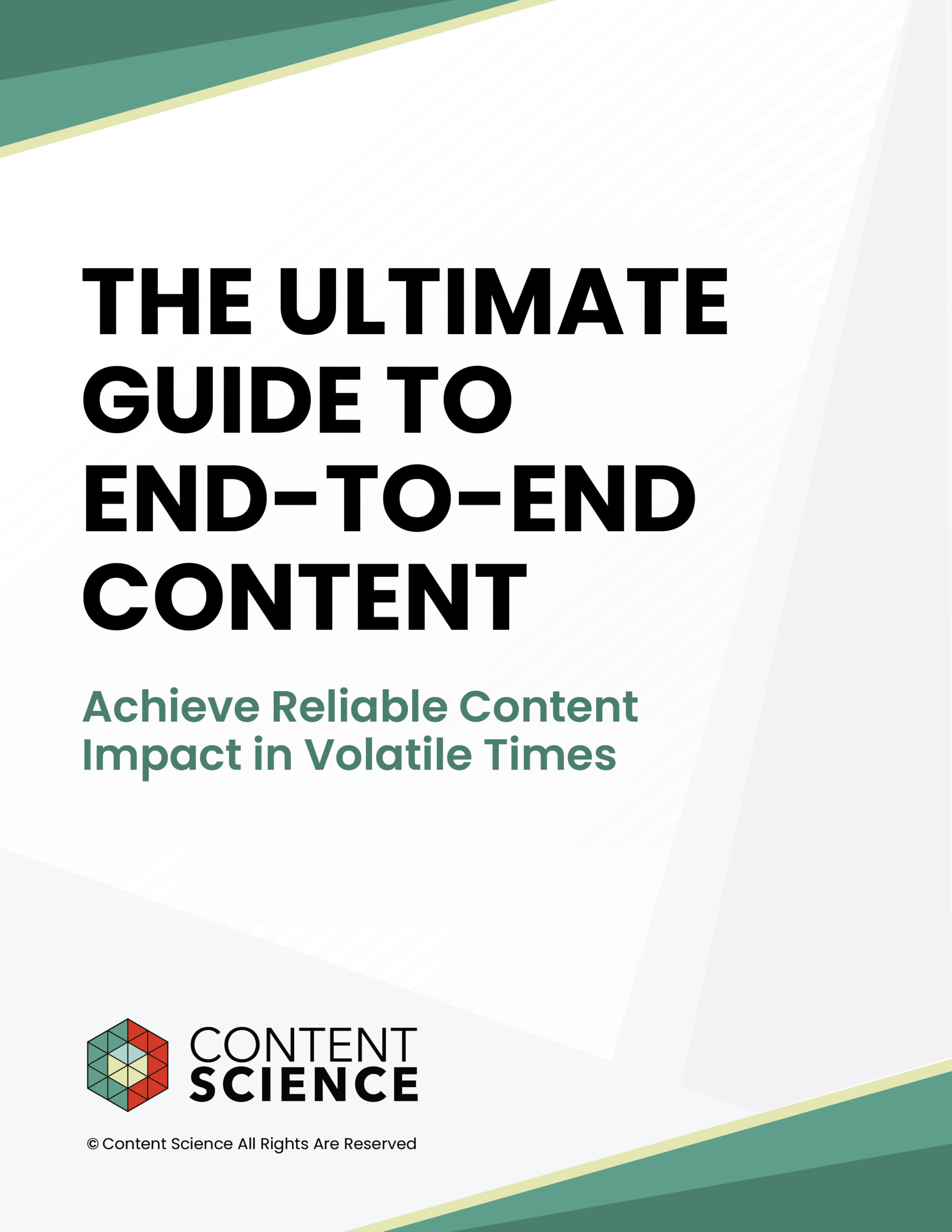
Federal, state, and local government websites are facing three major digital disruption trends:
- unprecedented content demand,
- a proliferation of delivery channels, and
- a groundswell of misinformation.
Here is a breakdown of these three trends and how your government agency can deal with each and end up with even better content.
1. More People Are Interacting with Your Digital Presence More Often
The pandemic last year forced people around the world to work, live, and play digitally. And that trend isn’t stopping. For example, Georgia’s Department of Driver Services (DDS) website experienced a huge increase in the number of sessions. As another example, digital traffic to the CDC, NIH, and WHO websites (desktop and mobile) increased 425% by mid-March 2020.
More digital interaction means higher demand for effective content from your agency. Sometimes this demand means more content to support more decisions and tasks, and sometimes this demand means better content.
2. More People Are Using More Digital Channels
The use of channels like smart phones and social media was already on the upswing. Smart home devices, voice activated search, and chat bots are becoming the norm for more and more people.
- MediaPost has found 69% of U.S. households have at least one smart home device.
- Pew Research has found roughly 1 in 5 U.S. adults are “smart phone-only” Internet users.
For more facts about content channels and consumption, see these 50 Crucial Content Facts.
The more people use a variety of channels, the more they will expect your agency to use them, too. And that means figuring out how to deliver the right content through the right channel in the right context.
3. You Face Content Competition
As a government agency, you might not think of your website or digital experience as competing with…anything. The fact is, your content is competing for your users’ attention. Your content likely competes on topics covered by traditional media, social media influencers, nonprofit organizations, individual blogs, or more. For instance, 4 million blog posts are published every day, according to Worldometer.
And, now, your content is competing with misinformation ranging from deep fakes to false ads to scams to rogue social media bot comments and posts.
- Complaints of fraud and scams to the FTC and media like Consumer Reports skyrocketed in 2020.
- Fact checking organizations like Snopes, Newsguard, and Politifact have been overwhelmed since spring 2020 with rumors, myths, and conspiracy theories spread on websites, social media, and some traditional media.
- U.S. intelligence officials have identified attacks on trust and truth through disinformation as a top threat for several years, such as in the 2019 Worldwide Threat Assessment and in this 2020 feature in Politico.)
- Pew Research has found nearly two in three American adults (64%) say fabricated news stories cause a lot of confusion when it comes to the basic facts of current news and events.
Misinformation around COVID-19 has become so intense that many refer to it as an infodemic. As WHO Director-General Dr. Tedros Adhanom Ghebreyesus notes “Public trust in science and evidence is essential for overcoming COVID-19. Therefore, finding solutions to the infodemic is as vital for saving lives from COVID-19 as public health measures, like mask-wearing and hand hygiene, to equitable access to vaccines, treatments and diagnostics.”
This competition has far-reaching implications, from the visibility of your content in Google search results to the trust users have in your content. But, the real challenge comes down to this: Your digital users face a lot of noise. How will your content—content with critical guidance about consequential topics ranging from health to unemployment to licensing to taxes—emerge as the authority?
How Can Government Agencies Deal with These Trends?
These modern digital trends require a modern content approach. The good news is we know what a successful approach looks like. From 2015 through the present, Content Science conducted research into what makes organizations, including government agencies, successful with content. Though trends and challenges have changed in that time, the factors in successfully addressing them hasn’t.
Organizations that report the most success with content have these factors in common:
- A vision for content that is actively supported and communicated well by leadership
- A clearly documented content strategy informed by analysis
- A way to regularly evaluate the impact or success of content
- A budget for content work or efforts
- A set of defined roles and processes for content
- Content-specific training resources
- Effective use of content technology and tools
To start planning a content strategy that accounts for and addresses digital disruption, check out these resources:
- Digital Disruption: What Faster Digital Disruption Means for Content
- Content Vision: 6 Characteristics of a Kickass Content Vision
- Content Strategy: How To Start Crafting a Content Strategy
- Content Technology: Content Technology Fact Sheet
- Content Training: Content Science Academy
Events, Resources, + More
Workshop: Are You Ready for AI?
Is your organization really ready for AI at scale? Let the Content Science team guide your leaders through assessing 4 areas of readiness.
Course: Prompting Text Generative AI
Learn how to bring out the full potential of text generative AI to create impactful content from this on-demand course.
Webinar: Benchmarks for Content Effectiveness
It's not about more content. It's about more effective content. Gain tips based on Content Science's unique research + experience.
The Ultimate Guide to End-to-End Content
Discover why + how an end-to-end approach is critical in the age of AI with this comprehensive white paper.







Comments
We invite you to share your perspective in a constructive way. To comment, please sign in or register. Our moderating team will review all comments and may edit them for clarity. Our team also may delete comments that are off-topic or disrespectful. All postings become the property of
Content Science Review.